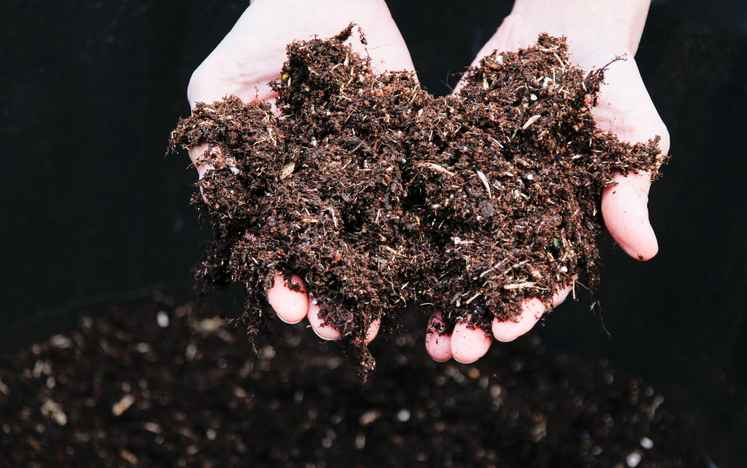Bacteria in Soil Contamination
Soil contamination has long posed a significant challenge to agriculture, threatening crop health and reducing yields. Toxic compounds in polluted soils inhibit seed germination and stunt plant growth. Traditional remediation methods, like chemical treatments, often fall short of delivering sustainable solutions. However, researchers at the Indian Institute of Technology Bombay (IIT Bombay) have made a groundbreaking advancement by isolating specific bacteria capable of degrading harmful pollutants and improving soil health.
Discovery of Pollution-Fighting Bacteria
The research team concentrated on bacteria thriving in contaminated environments. They identified strains belonging to the Pseudomonas and Acinetobacter genera. These bacteria specialize in breaking down aromatic compounds commonly found in polluted soils. By isolating and utilizing these strains, the researchers aim to harness their natural ability to restore soil quality effectively.
How These Bacteria Work
The isolated bacteria degrade pollutants by converting them into harmless substances, effectively cleaning the soil. During this process, they release essential nutrients by transforming insoluble phosphorus and potassium into forms that plants can absorb. Additionally, these bacteria produce siderophores, which enhance iron absorption—a critical element for plant growth.
Boosting Plant Growth
Beyond soil remediation, these bacteria support plant development by producing indoleacetic acid (IAA), a vital growth hormone. This dual function of cleaning the soil and promoting plant health results in more resilient crops. According to the research, a combination of Pseudomonas and Acinetobacter strains can boost crop yields by 45–50%. Their synergistic action ensures multiple benefits for agricultural productivity.
Natural Protection Against Fungal Diseases
Fungal diseases remain a major threat to global agriculture, causing substantial losses. The study highlights these bacteria’s ability to produce lytic enzymes and hydrogen cyanide (HCN), which inhibit the growth of pathogenic fungi. This natural defense mechanism offers an eco-friendly alternative to chemical pesticides, targeting harmful fungi without adverse environmental effects.
Looking Ahead: Future Applications
While the findings are promising, researchers emphasize the need for further development. Scaling up this technology and testing it across diverse environments will be crucial. The ultimate goal is to develop bio-formulations that combine these bacteria with natural materials, creating easy-to-use products for farmers. Such innovations could revolutionize agricultural practices, offering sustainable solutions for soil health and crop productivity.




